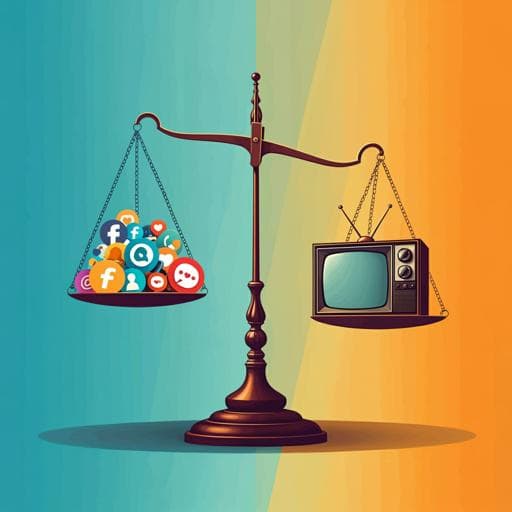
Psychology
Perceived weight-related stigma, loneliness, and mental wellbeing during COVID-19 in people with obesity: A cross-sectional study from ten European countries
R. A. Jones, P. Christiansen, et al.
Discover the insights from a cross-sectional study involving 2882 respondents across ten European countries. This research delves into how media representation of obesity influences mental wellbeing during the COVID-19 pandemic and the nuanced role of loneliness. Conducted by a team of experts including Rebecca A. Jones and Paul Christiansen, this study showcases the complex relationship between media portrayals and mental health outcomes.
Related Publications
Explore these studies to deepen your understanding of the subject.







